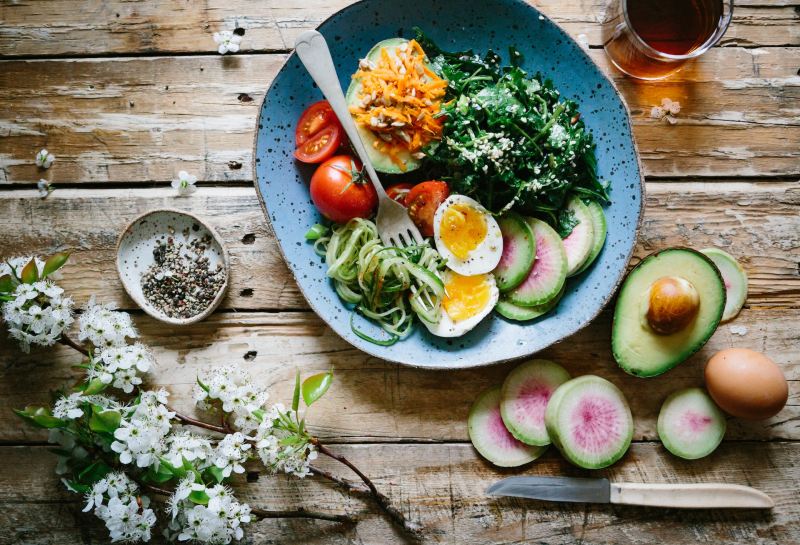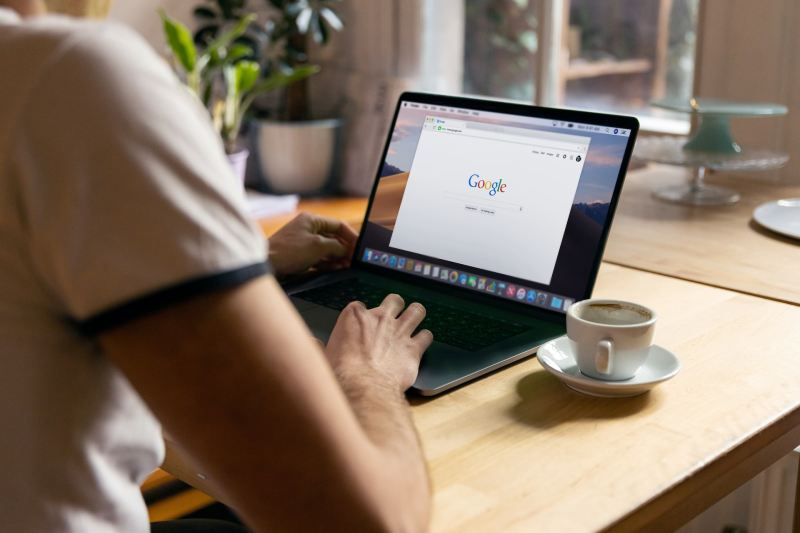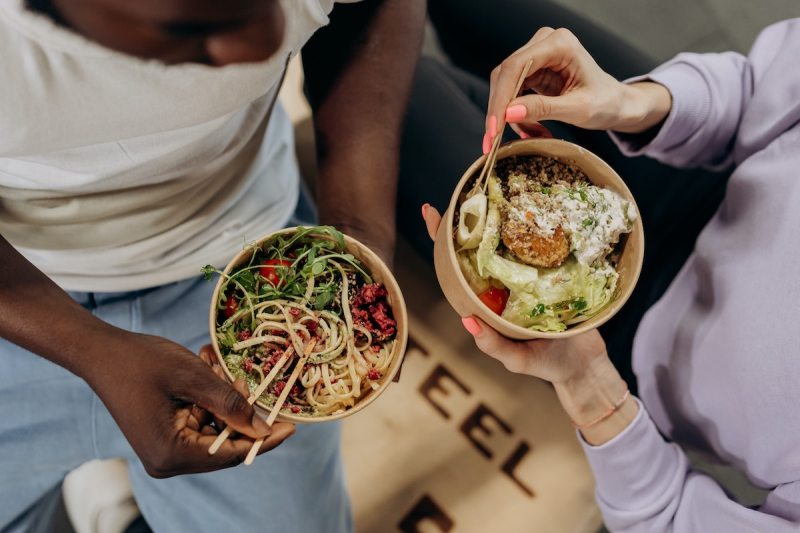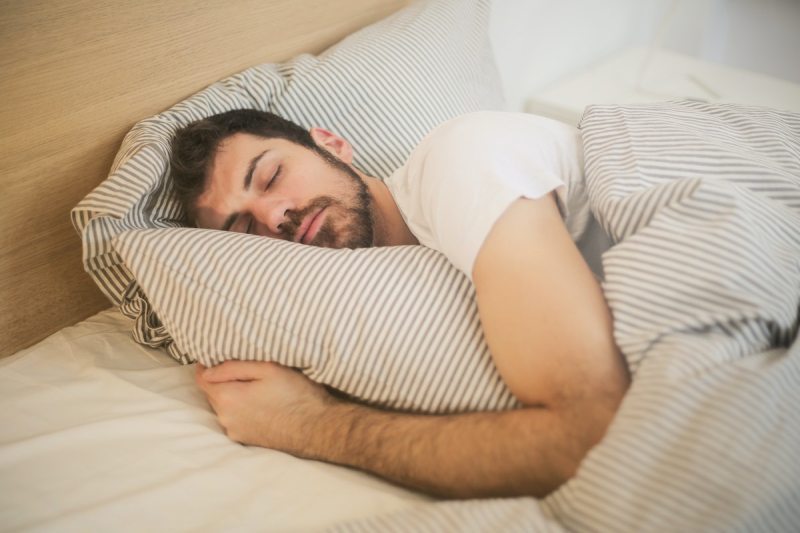
Biohacking describes many new ways people have found to enhance their body’s ability to perform and function. Some even believe these methods can extend their lives.
More traditional biohacking forms may not seem so new, such as intermittent fasting or yoga. These popular and time-tested modalities enjoy legitimacy thanks to encouraging research and data associated with their use. Other fairly new trends require some thought and perhaps a doctor’s input before committing to them.
Let’s learn more about biohacking and how its principles might elevate your health.

What is biohacking?
Biohacking encompasses a series of changes made to improve health and general wellness. Such changes typically involve diet, bodies, and habits to bring about desired improved results. Many people hack their way to improvement. Consider brilliant traveling hacks ahead of a vacation. Or happiness hacks — science-backed ways to increase sustained happiness.
Biohacks work in similar ways.
Small, gradual changes to your diet and lifestyle can make the most of your health, physical capabilities, and mental performance. Many people believe a longer, healthier life is a more meaningful one. That’s the main reason biohackers use their own bodies to experiment with techniques and analyze data to figure out what works best for them.
Biohackers may wear certain devices or regularly test their blood to track vital health metrics in order to better understand their own fitness, risk for disease, and chances for longevity.

What are the three main areas of biohacking?
DIY biology
Do-it-yourself biology is a fairly new biotechnological social movement. Typically, those with limited scientific backgrounds or research training collaborate with other self-taught individuals to study biology and life science. They do this as a hobby, in the name of community learning, or to begin their own business.
In its original context, calling someone a ‘hacker’ suggests the sense of finding new and inventive ways to do things. DIY biologists use terms like biohacking and wetware hacking to emphasize the connection between their movement and overall hacker culture.
Grinder
Grinders and biohackers have similar roles within this bourgeoning community. Grinders especially use hacker ethics to improve their own bodies with do-it-yourself devices and/or biochemicals. They do this to improve and enhance the way their bodies function.
In some circles, this is also known as the biopunk movement, techno-progressivism, or open-source transhumanism.
Some grinder or body modification movements involve the risky act of implanting cybernetic devices in the body. The ultimate goal is to move ever closer toward creating humans who are part machines. This includes using magnetic implants, cybernetic recording devices to collect biometric data and other body modifications.
By hacking themselves, grinders modify their bodies in sometimes extreme ways to improve the human condition for everyone. They hope their combination of human and electronic techniques will extend and improve human capacities.
Nutrigenomics
Nutritional genomics, or nutrigenomics as it is commonly known, defines the relationship between nutrients, genes, and diet. When the Human Genome Project launched in the 1990s, scientists began mapping human DNA sequencing, and the field of nutrigenomics quickly formed thereafter.
In the beginning, nutrigenomics generated a lot of excitement. Progress has slowed since then, but incredible possibilities remain. People especially have a lot of hope about how personalized nutrition might lead to better health outcomes across the board.
Using personal data, which brings up several ethical and regulatory challenges, gives people information about how to make nutrition and diet choices that work for them. Some ethicists wonder whether it is appropriate to screen for specific genetic phenotypic predispositions. This is especially worrisome when we have no treatments for such predispositions.
Everyone from scientists, doctors, and government regulators to licensed nutritionists and dietitians is continuing to keep their eye on developments coming from this modality.

Can biohacking optimize your health?
At best, biohacking is a way to empower individuals with ways to take charge of their own health and well-being. With that empowerment comes responsibility. You must thoroughly research and completely evaluate the safety of different biohacks.
Too much of anything is a bad idea, so moderation is key. Biohacking allows you to prioritize and enhance your health. Just make sure you’re not relying on untested external products or technology for things you can do quite naturally and better on your own.

Biohacking with your diet
Controlling how, when, and what you eat is one of the most understandable and common biohacks. Most of us do this every day, even if we don’t call it biohacking. If you want to lose weight, change your metabolism, or improve digestion, consider biohacking your diet.
Customizing your diet to optimize cellular nutrition is just a fancy way of saying that you consume a diet rich in vitamins, minerals, antioxidants, and essential fatty acids. Popular movements like keto diets or intermittent fasting do this to build a foundation for healthier cells and affect cellular energy production.
This can also help you maintain a healthier weight by reducing the risk of chronic disease, metabolic imbalance, and insulin resistance. Many hackers also report better physical performance and fitness levels.
Other diet biohacking examples include the following:
- Blood sugar control supplements
- Glucose monitors
- Prebiotics
- Probiotics
- Ketone breath analyzers
- Metabolism monitoring devices
- Limiting foods that cause gut inflammation
- Nutrigenomics

Biohacking with exercise
Biohacking workout routines and combining certain nutrition and lifestyle practices can lead to faster weight loss, muscle gain, and recovery times. Depending on your goals and medical history, you can implement a host of hacks before, during, and after exercise to see better results quickly.
For example, when you’re exercising, your liver and muscles deplete stores of glycogen. The more intense your workouts, the more glycogen you lose. Since this is your body’s main source of energy, you want enough stored glycogen to properly exercise. You don’t want to exhaust yourself too quickly.
Biohacking by eating healthy carbohydrates before a workout leads to more effective muscle development, quicker weight loss, etc.
Caffeine is another example of biohacking your exercise. Consuming caffeine means you can increase your performance in endurance activities, cardio workouts, and strength training. For this reason, biohackers increase coffee consumption, minus cream and sugar, before such workouts.

Biohacking with sleep
Interested in ensuring a better night’s sleep? Some popular hacks include the following:
- Eating a balanced diet
- Limiting caffeine and alcohol
- Exercising regularly
- Stopping smoking
- Dimming lights in the evening
- Using blackout blinds at night
- Putting your phone away an hour before bed
- Letting in the morning sunlight
- Getting outside every day
- Taking vitamin D supplements if sunlight is limited
- Using natural lightbulbs at work
- Avoiding food or alcohol at least two to three hours before bedtime
Regular exercise not only improves the quality and amount of sleep you get, but it also leads to deeper and more restorative sleep stages. This allows you to feel better throughout the day.
Other hacks to improve sleep include avoiding cheesy, spicy, or acidic foods. They cause stomach upset, including heartburn, that makes it difficult to sleep at night.



